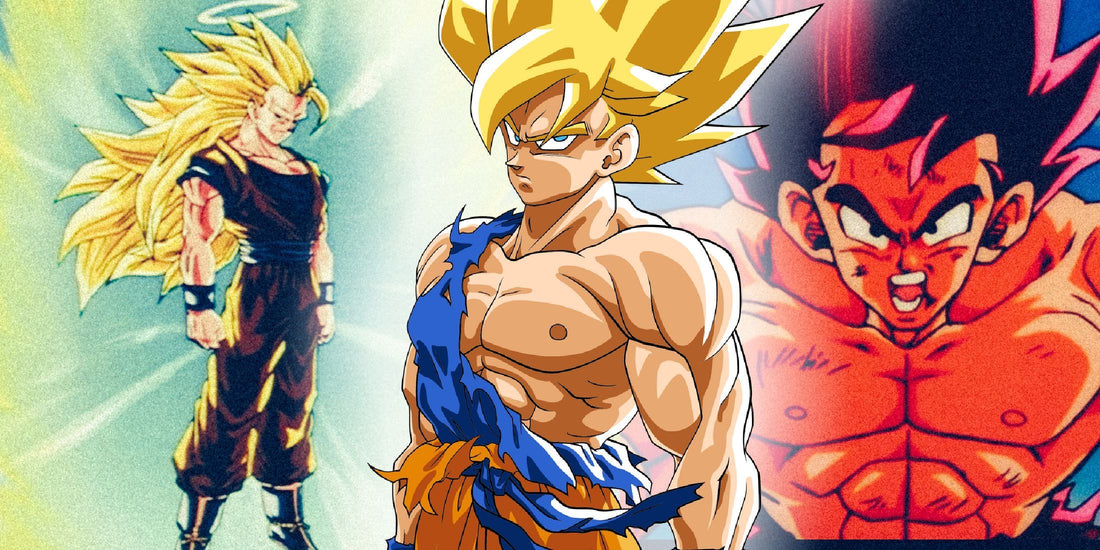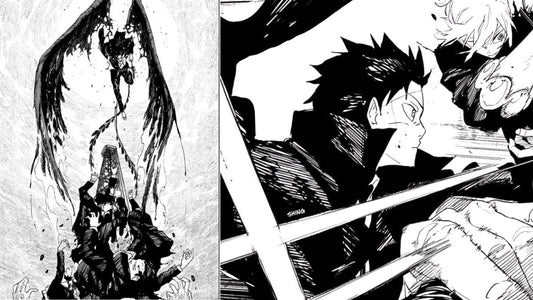
Exploring Dragon Ball Z's Impactful Soundtracks: From Kikuchi to Faulconer
Jared JohnsonShare
Understanding the Rhythm of Dragon Ball Z: The Original Soundtrack
The importance of music in anime cannot be overstated. It is the silent co-driver that alters mood, enhances storytelling, and leaves viewers with lasting memories. In the vast saga of Dragon Ball Z, music plays a transformative role that has evolved over various iterations and markets.
Shunsuke Kikuchi’s Original Japanese Score
In Japan, the series originally aired from 1989 to 1996, with a soundtrack composed by Shunsuke Kikuchi. Famous for his work on earlier Dragon Ball anime and other Akira Toriyama adaptations, Kikuchi used a blend of jazz and orchestral pieces that adapted to the darker and more dramatic tone of Dragon Ball Z. Kikuchi’s score is distinctive for its sparing use, with long stretches of silence punctuated by music that heightens the narrative impact. For more details on Kikuchi's approach, you can refer to AnimeNewsNetwork’s feature on Dragon Ball's music evolution.
Evolution in the U.S.: From Ocean Dub to Faulconer Productions
When Dragon Ball Z was exported to the United States, the soundtrack saw significant changes as different dubbing houses reimagined the series with varying musical landscapes.
The Ocean Dub Era: Shuki Levy and Ron Wasserman
The first English-language broadcast of Dragon Ball Z, known as the Ocean dub, was under the direction of FUNimation, Ocean Group, and Saban Entertainment. This version featured music composed by Shuki Levy and Ron Wasserman. Due to differing audience preferences, the soundtrack was constant, designed to fill moments of pause and maintain the pacing for American audiences. Levy and Wasserman’s score included synthesized instrumentation that lent the series an energetic but sometimes chaotic tone. Despite being less memorable, this score reflects the early American anime scene's desire for non-stop action.
Bruce Faulconer’s Iconic Soundtrack
In 1999, FUNimation brought the production in-house and handed the music over to Bruce Faulconer and his team. This change marked a significant shift in how music was used in the series. Faulconer employed synthesized sounds alongside heavy metal influences, offering a powerful, industrial feel that resonated strongly with American audiences. Faulconer’s compositional strategy also included creating unique themes for specific characters, helping define the personalities and emotional arcs of beloved personas like Goku and Vegeta. The intricacies behind Faulconer's distinctive work are explored in this interview with Wired.
However, the Faulconer era wasn’t without critique. The constant background music often overwhelmed scenes, restricting the emotional gravity that silence could deliver.
Ocean Studios Strikes Again: European Adaptations
Apart from Faulconer's work, Ocean Studios produced an additional dub for European audiences using previously created musical compositions from other projects. While ambitious, this soundtrack struggled with cohesion due to its mix of recycled compositions. The pieces, though competent, were not tailored specifically for Dragon Ball Z, affecting the series' emotional continuity in scenes.
Nathan Johnson’s Further Exploration
Later in-house adaptations by FUNimation introduced Nathan Johnson who added a mixture of ambient and orchestral pieces with traces of metal for specific episodes and movies. Johnson's soundtrack blended into the narrative, often indistinctive but ensuring the dramatic tone aligned more closely with the core themes of Dragon Ball Z.
Soundtrack Variations: Hidden Gems or Missed Notes?
Greater awareness of music's role enriches viewers' understanding of anime’s impact. Exploring the various soundtracks can open new dimensions within the same scenes. Each version offered something unique, transforming the audience's experiences based on cultural expectations and technological possibilities of the times.
From Kikuchi’s meticulously sparse compositions to Faulconer's pounding synths, and even the rock-infused movie soundtracks, the music of Dragon Ball Z is an expansive history that highlights how soundtracks shape and define anime. Examining each of these musical contributors provides insight into how music influences viewer perception and emotional engagement, reminding us that while the visuals are celebrated, the music plays an equally vital role behind the kind of emotional gravitas and nostalgia that makes shows like Dragon Ball Z timeless.
Photo Credit by CBR



